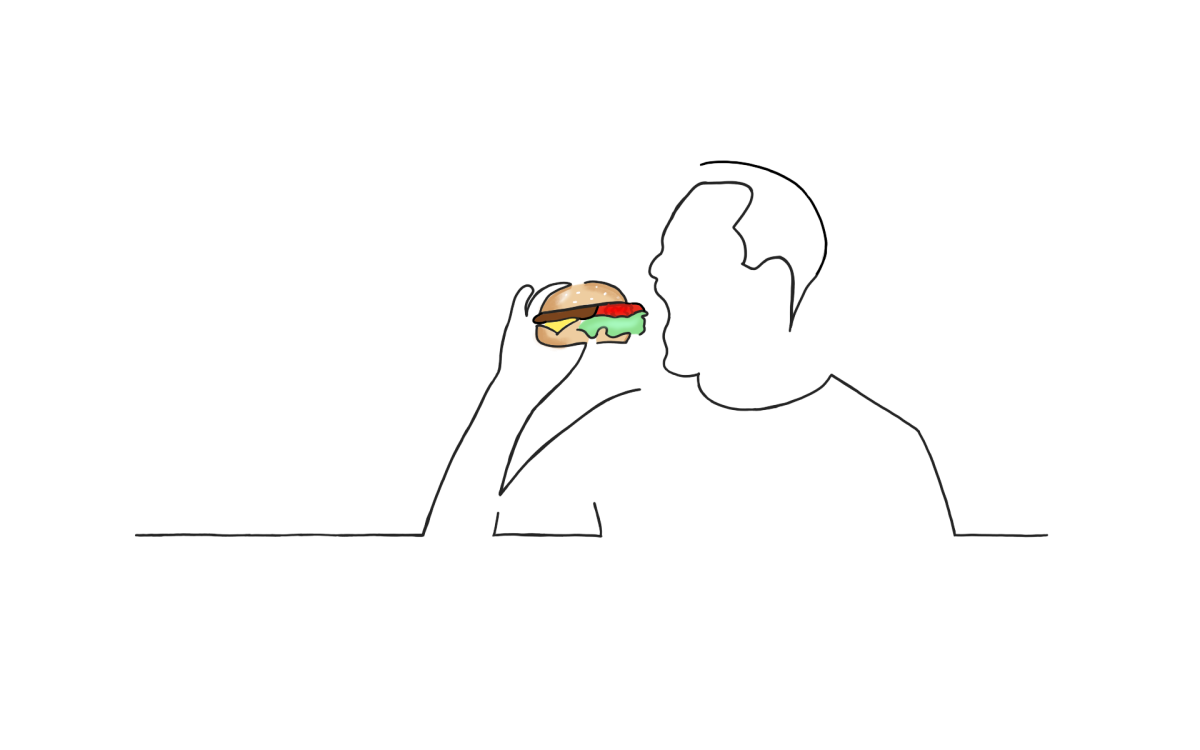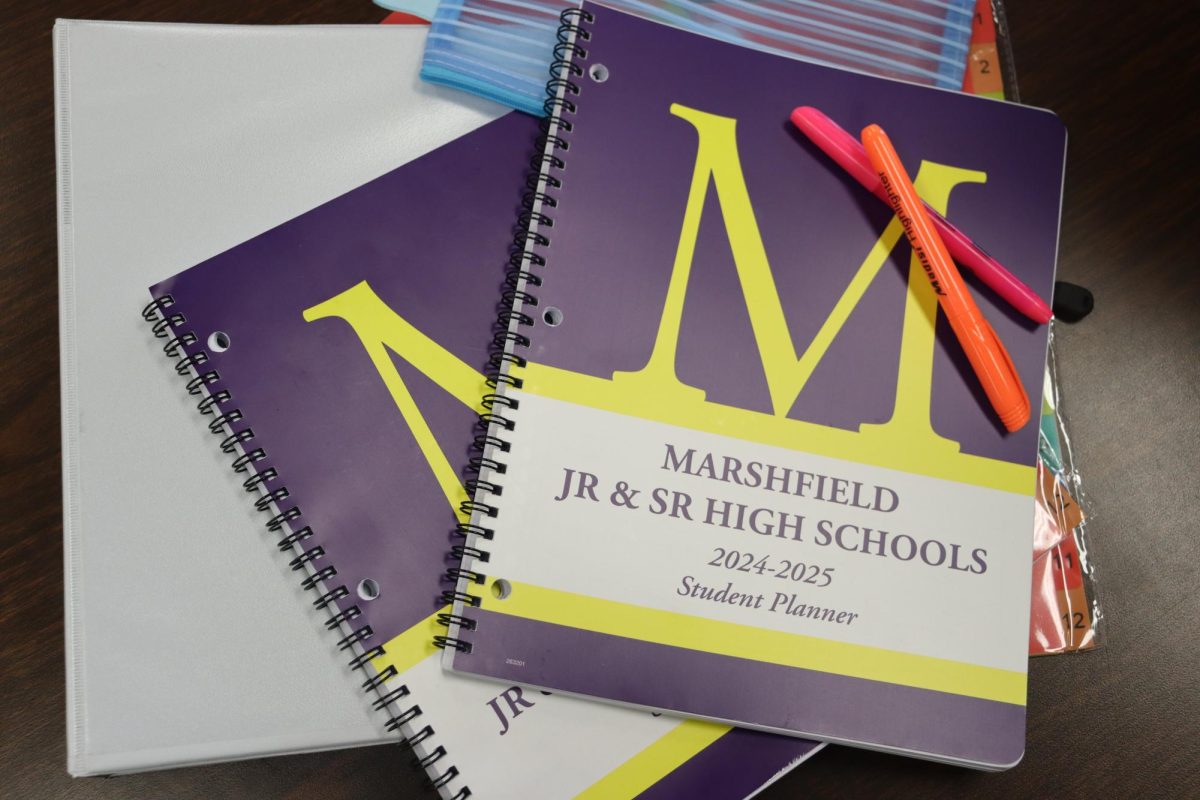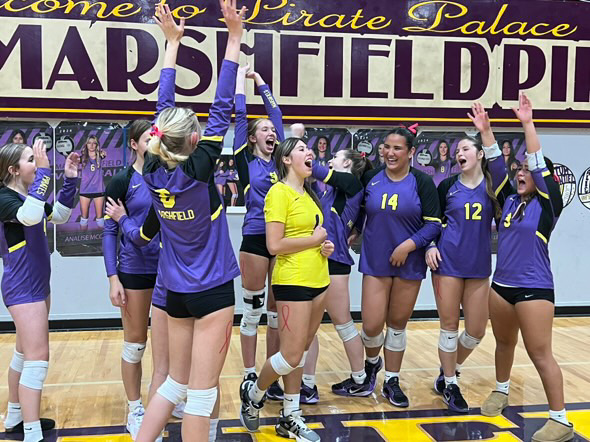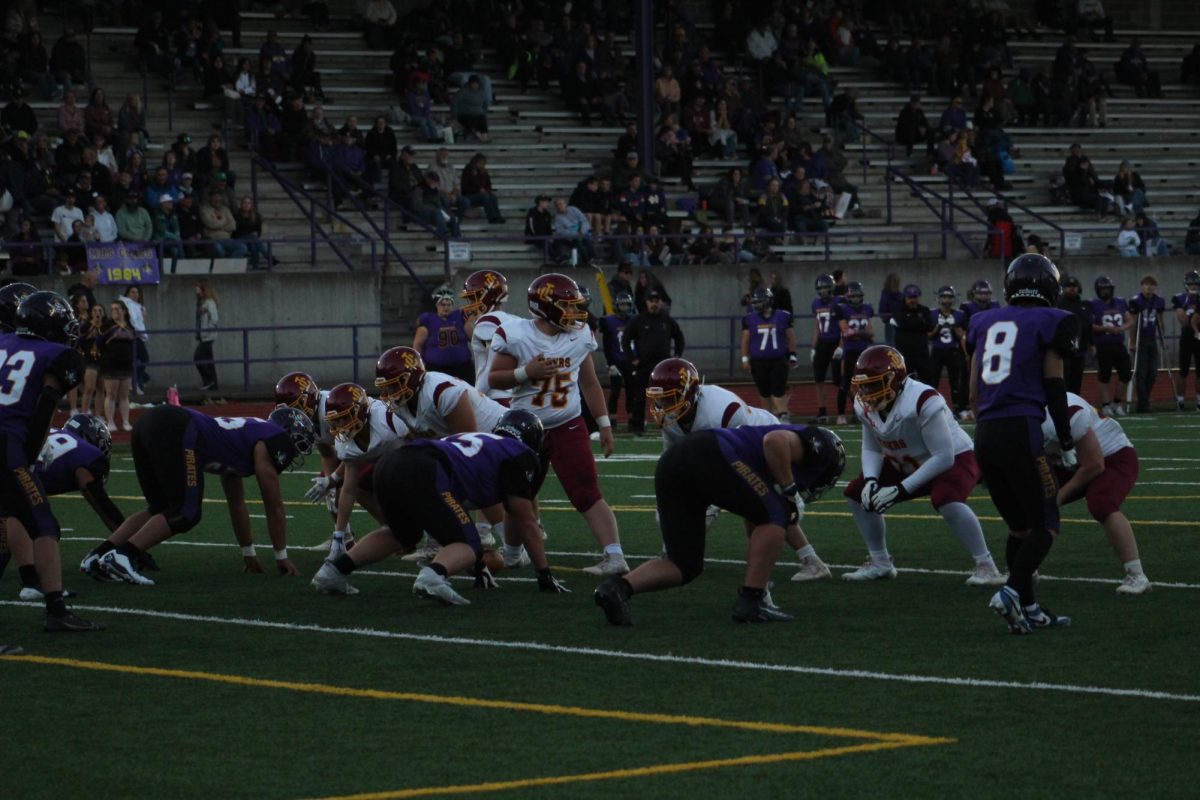A closed door may open another that leads to a superior path.
From the first time the freshmen infiltrate high school to the last time they flood out the main doors as seniors, students have four years to find direction for the next stage of life.
There is an exceptional number of clubs and programs students can choose to participate in at Marshfield. Although most might not offer the means for a potential career, certain aspects of each organization may lead a student to discover they have aptitude for what they’re engaging in.
That being said, not everybody finds their knack in the first thing they choose to have a hand in. Although every group provides life lessons and can be valuable in one way or another, it just might not be right for every student.
The emphasis on becoming involved in clubs, particularly sports, is thrown at underclassmen as soon as, if not before, they arrive in high school. It is beneficial to be committed to a team or project, but several groups can take up so much time it becomes impossible to invest free time in anything else. If one becomes involved in more than one club or sport that demands radical dedication, it is difficult to juggle them and perform to the best of one’s ability for each faction.
Instead of dropping dead weight off their schedules, many students find themselves dragging their way through years of going through the motions and not gaining anything from it. It seems extremely frowned upon to quit any program, whether it is beneficial to the student or not. The most prominent problem is the emphasis put on not the person, but the club.
A classic example of this was demonstrated in the 2006 Disney film, High School Musical. In the movie, athlete Troy Bolton discovers a hidden talent for singing, but faces a guilt-ridden decision and is forced to choose between basketball and theater. The entire movie takes a firm stance on the belief that students should go with their gut and fulfill their ambitions. This message is often forgotten in the midst of high school chaos.
Participation in any organization provides the opportunity to reap the benefits. Life, or in this case, high school, is what one makes it, but that is not the point. Administrators should show all students the opportunities they are provided with, but help them understand they are not signing a four-year contract.
On a higher scale, the decision to participate itself is a life lesson. For example, one can imagine a club is a job. In this scenario, “Billy” is on the fencing team. Billy hates fencing, but he is the best fencer in school. He could pursue the sport and receive a scholarship, but that means he would have to continue doing something he does not enjoy. The logical choice is that Billy quits and finds something he actually likes to do, because after all, it is his life.
In a work setting, people should know when it is time for them to move onto a higher level or in a different direction. If students are taught that they have an obligation to stay in everything they have ever joined, they are learning early on to limit their options. This should not be the environment teenagers are put in when they are in a crucial developmental stage in life. High school lasts four years; the skills and talents discovered in this time last a lifetime. Students should be set up to exceed far past graduation, not peak in high school.






















